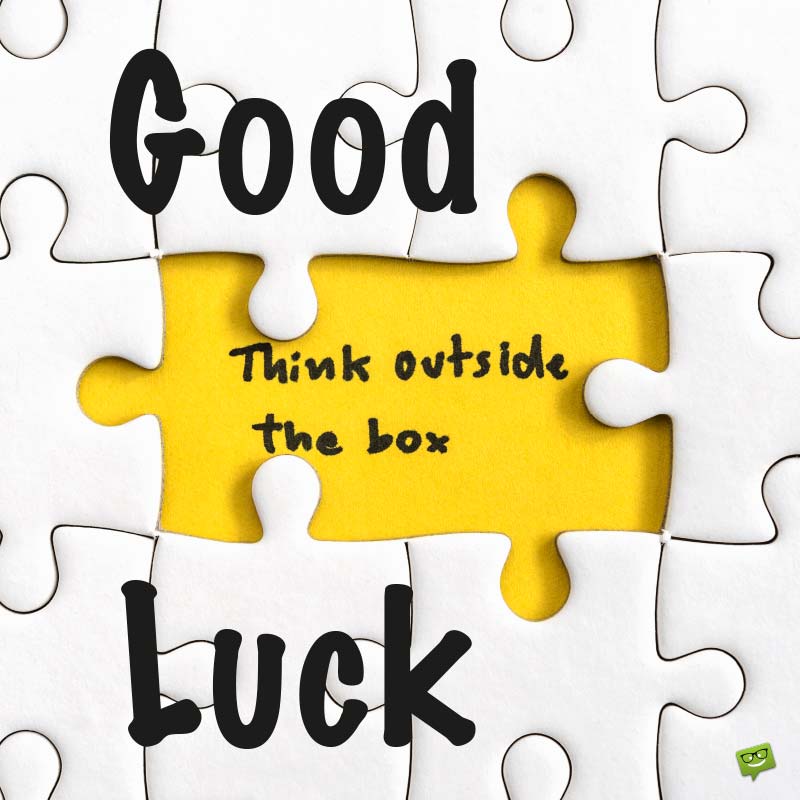
Three Questions to Help You Succeed at Your New Job You May Not Know You Have
Are you in a new job and don’t know it? (This is no April Fool’s joke.) When the pandemic disrupted almost everything that we considered “normal” we all got new jobs. Some of us have new jobs in the same company, some trying to navigate a new economy, and still others are reinventing their small businesses. Whatever your personal version of the story is – you have a new job. New jobs require new thinking and new questions. The three I’ve found most helpful are:
1. What do I need to stop doing?
It’s a painful question to answer and may seem entirely counter-intuitive to stop doing something we’re good at. In new and hectic situations, we tend to over-rely on our developed skills. There’s an added stress of learning something new, but there’s a benefit – our curiosity goes up, our senses are heightened, and we “see” things from new and fresher perspectives. Sometimes, we can even move from a “know-it-all” to “learn-it-all” mindset.
I’ve been satisfied with being a “dabbler” of guitar. I’ve learned enough that it’s comfortable, so I replay the same chords repetitively. However, to advance to a higher competency, I have to stretch and change what I’m practicing (it’s not lost on me that I encourage others to get out of their comfort zone – we’re all works in progress). When we keep only doing what we’re good at, like my guitar dabbling, it gets in the way of learning new things, which limits our potential.
2. What do I need to start doing?
I’ve found asking those you’re going to lead, what they will need from you to be successful, is a good starting point. Why? Because it builds trust with those you have the privilege of leading, and they’re often right. It begins the process of trying, making mistakes, and learning more as we press forward.
Husband, parent, actor, entrepreneur, Ryan Reynolds, says it best in his recent Entrepreneur interview, “I always say that you can’t be good at something unless you’re willing to be bad. And as I’ve gotten older, I’ve gotten way more comfortable with not having the answers. I think it’s such a great tool of leadership to be able to say, ‘I don’t know.’”
3. What will a more imaginative success look like?
I became CFO, at a time when our finance personnel roles were not highly beloved; one of the imaginative goals I had was that all operational units would decide they wanted a finance person on their team. A few years later, I had people upset that I could not fulfill all their requests. When I moved into the consulting world, one of my visualizations of success was that I could wear my “uniform” – 7 For All Mankind jeans, Pistol Lake t-shirt, FITS socks (the best socks in the world), All-Birds shoes – AND increasing the confidence of my clients for bringing value and out-of-the-box solutions.
Dr. Natalie Nixon, founder and principal at Figure 8 Thinking, is dedicated to helping organizations fast-track innovation through linking together creativity and strategy. She suggests that the key lies in the ebb and flow between rigor (quantitative goals) and wonder (qualitative goals). I have experienced this as engaging both discipline and imagination to clarify goals and achieve desired results.
You Are A Difference-Maker
As a leader, as a human being, you are a difference-maker. You get to decide what kind of difference that looks like; to imagine that world, working with the end in mind. In my book, Lead With Imagination, I share my journey of learning to lead differently and the incredible results we accomplished together, as a team. When we let go of the status quo, get uncomfortable learning something new, and “see” goals more imaginatively, the ever-changing world we’re creating in becomes a little less uncertain and a lot more fun. Oh, and if no one has told you, congratulations on your new job!